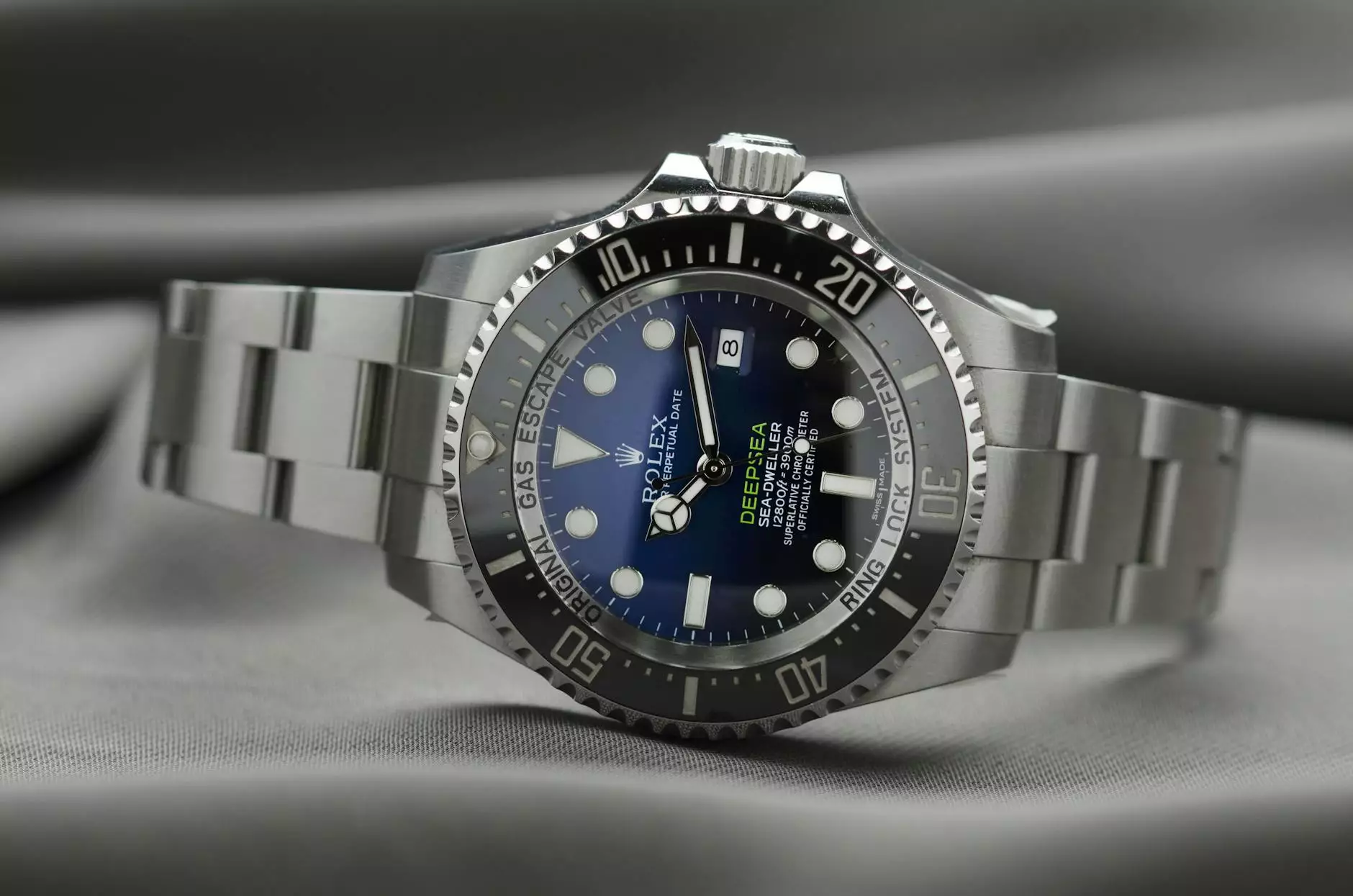The Precision of CNC Machines for Metal Fabricators

As a Metal Fabricator, the precision of CNC (Computer Numerical Control) machines plays a critical role in shaping your business's success. CNC machines have revolutionized the manufacturing industry with their unparalleled accuracy and efficiency.
Enhancing Precision with CNC Machines
CNC machines are known for their ability to produce intricate and precise parts with unmatched consistency. The precision of CNC machines stems from their ability to follow programmed instructions to the minutest detail, ensuring that each product meets the exact specifications required by Metal Fabricators.
Benefits of Precision CNC Machining
Utilizing CNC machines offers Metal Fabricators an array of benefits, including:
- Accuracy: CNC machines deliver precise cuts and shapes, ensuring uniformity across all products.
- Efficiency: With automated operations, CNC machines can complete tasks quickly and with minimal error, maximizing productivity for Metal Fabricators.
- Customization: The flexibility of CNC programming allows for customization of parts to meet specific requirements, catering to the diverse needs of Metal Fabricators.
- Consistency: CNC machines ensure consistency in quality and dimensions, reducing material wastage and rework for Metal Fabricators.
Applications in Metal Fabrication
The precision of CNC machines finds extensive applications in Metal Fabrication processes such as:
- Fabricating metal components for industrial machinery
- Creating intricate designs for architectural metalwork
- Producing precision parts for aerospace and automotive industries
- Manufacturing complex structures for the construction sector
Key Considerations for Metal Fabricators
When investing in CNC machines, Metal Fabricators should prioritize key considerations to ensure optimal performance and precision:
- Machine Capability: Assess the machining capabilities of CNC machines to meet the specific requirements of Metal Fabrication projects.
- Software Compatibility: Ensure compatibility with CAD/CAM software for seamless integration of design and machining processes.
- Training and Support: Provide training to operators for efficient operation and maintenance of CNC machines to maximize their precision.
- Quality Assurance: Implement quality control measures to verify the precision of CNC-machined parts and products.
Conclusion
In conclusion, the precision of CNC machines plays a pivotal role in the success of Metal Fabricators by enhancing accuracy, efficiency, and customization capabilities. By leveraging CNC technology effectively, Metal Fabricators can elevate their production quality and meet the demands of a competitive market.









